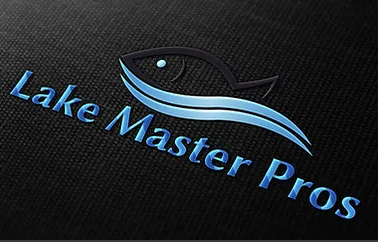Lake Management plays a crucial role in maintaining the long-term sustainability of fishing practices. With the increasing demand for fish and the detrimental effects of overfishing, it has become essential to focus on managing lakes to ensure a steady supply of fish for future generations.
Effective Lake Management involves a comprehensive approach to conserving and improving the quality of lakes, as well as the fish populations within them. A well-managed lake can provide not only a sustainable source of fish but also a balance in the ecosystem and recreational opportunities for communities.
One key aspect of Lake Management is regulating fishing practices. This includes implementing and enforcing fishing regulations such as catch limits, size restrictions, and the use of specific fishing gears. These regulations aim to prevent excessive fishing and allow fish populations to reproduce and grow. By adhering to these regulations, anglers can enjoy sustainable fishing experiences while preserving the lake’s fish populations.
Another vital aspect of Lake Management is maintaining water quality. Pollution, habitat destruction, and the introduction of invasive species can all negatively impact the health of a lake and its fish populations. It is crucial to monitor and manage water quality by preventing pollution from entering the lake, promoting sustainable land use practices around the lake, and controlling the spread of invasive species. This ensures that the water remains clean, ecosystems remain intact, and fish can thrive in their natural environment.
Additionally, Lake Management includes habitat restoration and enhancement. This involves creating or restoring habitats such as submerged vegetation, artificial structures, and spawning beds. These habitats provide essential breeding and feeding grounds for fish, ensuring their populations can increase and maintain healthy numbers. When habitats are well-managed, fish have ample opportunities to grow, reproduce, and support the overall health of the ecosystem.
It is also important to involve local communities and stakeholders in Lake Management efforts. By engaging with anglers, conservation organizations, government agencies, and local communities, a collaborative approach can be adopted to identify the specific needs and challenges faced by the lake and its fish populations. This collective effort ensures that all perspectives are considered, enabling the development and implementation of effective management strategies.
In conclusion, Lake Management is of utmost importance for sustainable fishing practices. By regulating fishing practices, maintaining water quality, restoring habitats, and involving communities, lakes can continue to provide a sustainable source of fish. Successful Lake Management promotes the long-term health and productivity of fish populations, strengthens ecosystems, and preserves the valuable recreational and economic opportunities that lakes offer.
For more information visit:
Lake Master Pros
https://www.lakemasterpros.com/
Lake Master Pros is a premier pond and lake management company dedicated to providing comprehensive, sustainable solutions for the health and beauty of your aquatic environment. Our team of experienced professionals specializes in a wide range of services, including aquatic weed control, fish stocking, aeration system installation, water quality testing, and shoreline restoration.

